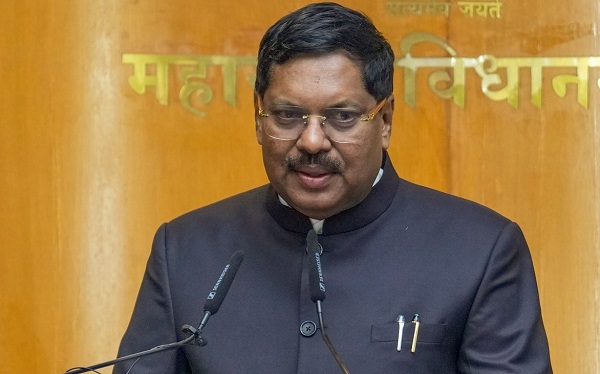New Delhi : Chief Justice of India B.R. Gavai on Thursday cautioned that while judicial vigilance is important, judicial activism should never turn into “judicial terrorism.”
The remark came during a high-profile hearing on a presidential reference that seeks clarity on whether the Supreme Court can set deadlines for governors and even the president when it comes to clearing bills passed by state assemblies.
Responding to Solicitor General Tushar Mehta—who argued that the wisdom of elected representatives should not be undermined—the CJI said: “We never said anything about the elected people. I have always said that judicial activism should never become judicial terrorism or judicial adventurism.”
The bench, which also included Justices Surya Kant, Vikram Nath, P.S. Narasimha and A.S. Chandurkar, heard Mehta as he referred to past verdicts on the governor’s powers. At the start of the day’s proceedings, Mehta said he was keenly awaiting senior advocate Kapil Sibal’s submissions, citing his wide experience in governance and as a parliamentarian.
Mehta stressed that elected representatives today face direct accountability from voters, unlike two decades ago, and highlighted that under Article 200 of the Constitution, a governor’s power to “withhold assent” to a bill is a complete and independent function.
“Elected people belonging to whichever political party have to nowadays respond to voters directly. People now directly ask questions from them. Unlike 20-25 years back when things were different, voters are aware and cannot be taken for a ride,” Mehta said.
On Wednesday, the court had already clarified that a governor cannot send a bill back to the president once it has been repassed by the state assembly. It also reminded that in this case it was not acting as an appellate court, but exercising its advisory jurisdiction.
The case originates from a reference made in May, when President Droupadi Murmu used her powers under Article 143(1) to seek the Supreme Court’s opinion. She asked whether courts can impose timelines on the president while dealing with bills passed by state legislatures.
The Centre, in its written submission, warned that fixing such deadlines could upset the balance of power among constitutional authorities, describing it as a path to “constitutional disorder.”
Notably, on April 8, while dealing with bills passed by the Tamil Nadu Assembly, the apex court had for the first time suggested that the president should decide on bills reserved by the governor within three months of receiving them.
In her five-page reference, President Murmu has asked 14 pointed questions, seeking clarity on the roles and responsibilities of both governors and the president under Articles 200 and 201 of the Constitution in relation to state legislation.






